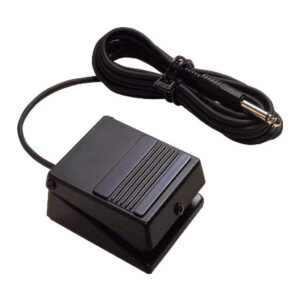DECIBEL APPLICATION IN LIVE SOUND
At the end of this module, students would understand:
- Why sound is measured in decibel
- How to convert wattage to SPL
- How to convert SPL to wattage
- How to measure speaker sensitivity in decibel
- Decibel implication in Speaker to Amplifier matching
- Inverse square law
- What is the difference between dBv, dBu, dBV, dBm, dB SPL
Dynamics Processor
The concept of automatically changing the gain of an audio signal. You will learn:
- How to side chain inputs on the compressor for ducking effect
- How to side chain filters to tame unwanted noise
- How to side chain input to delay effect to make the effect swell with the signal
- How trigger an input with noise gate
- How to use expander to minimize unwanted noise
- How to use the compressor or noise gate to affect the envelop of a transient
- NewYork city compression style
- How compressor affect the frequency response of a signal
- Some compression mistakes you possibly have been making
- How to use multiband compressor
- How to control the dynamics of your master bus
- How to tame unpleasant high frequencies with deEsser
Frequency Processor
You will learn:
- The difference between equalizing and filtering
- How to use the EQ for tonal balancing
- The various common types of filters (Butterworth, Bessel and Linkwitz-Riley) and their best application
- Filter slopes
- How to equalizer by octave and harmonics
- How to set crossover frequency with filters for Main speakers and Sub speakers
- How maintain gain structure with addictive Eqing


 Nigeria
Nigeria




Reviews
There are no reviews yet.